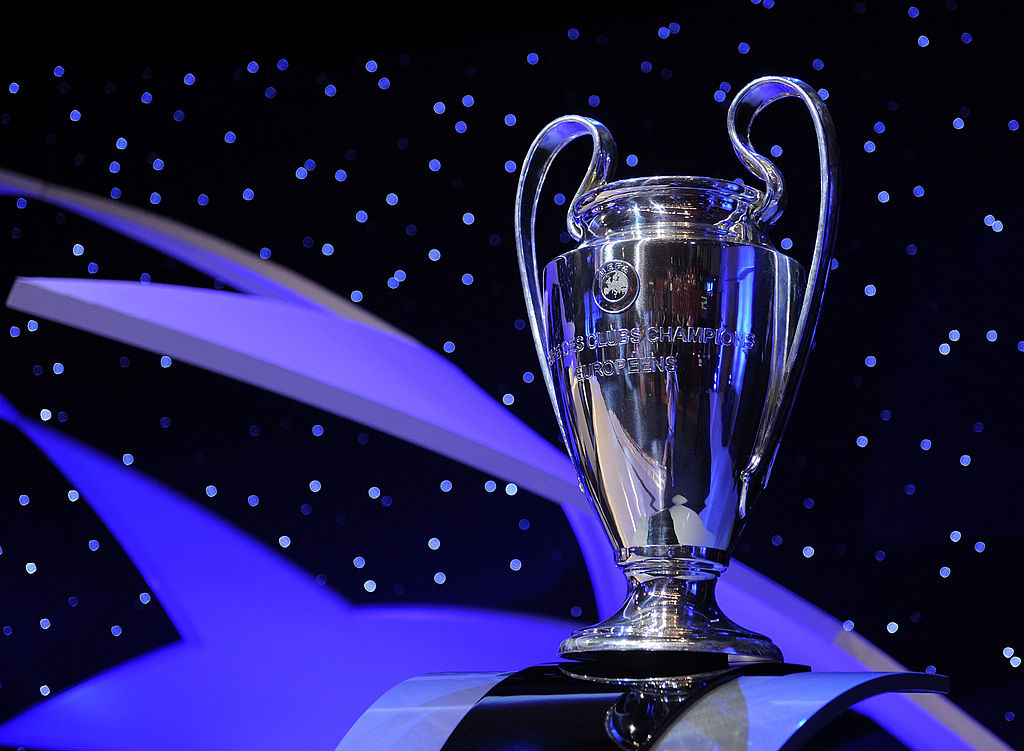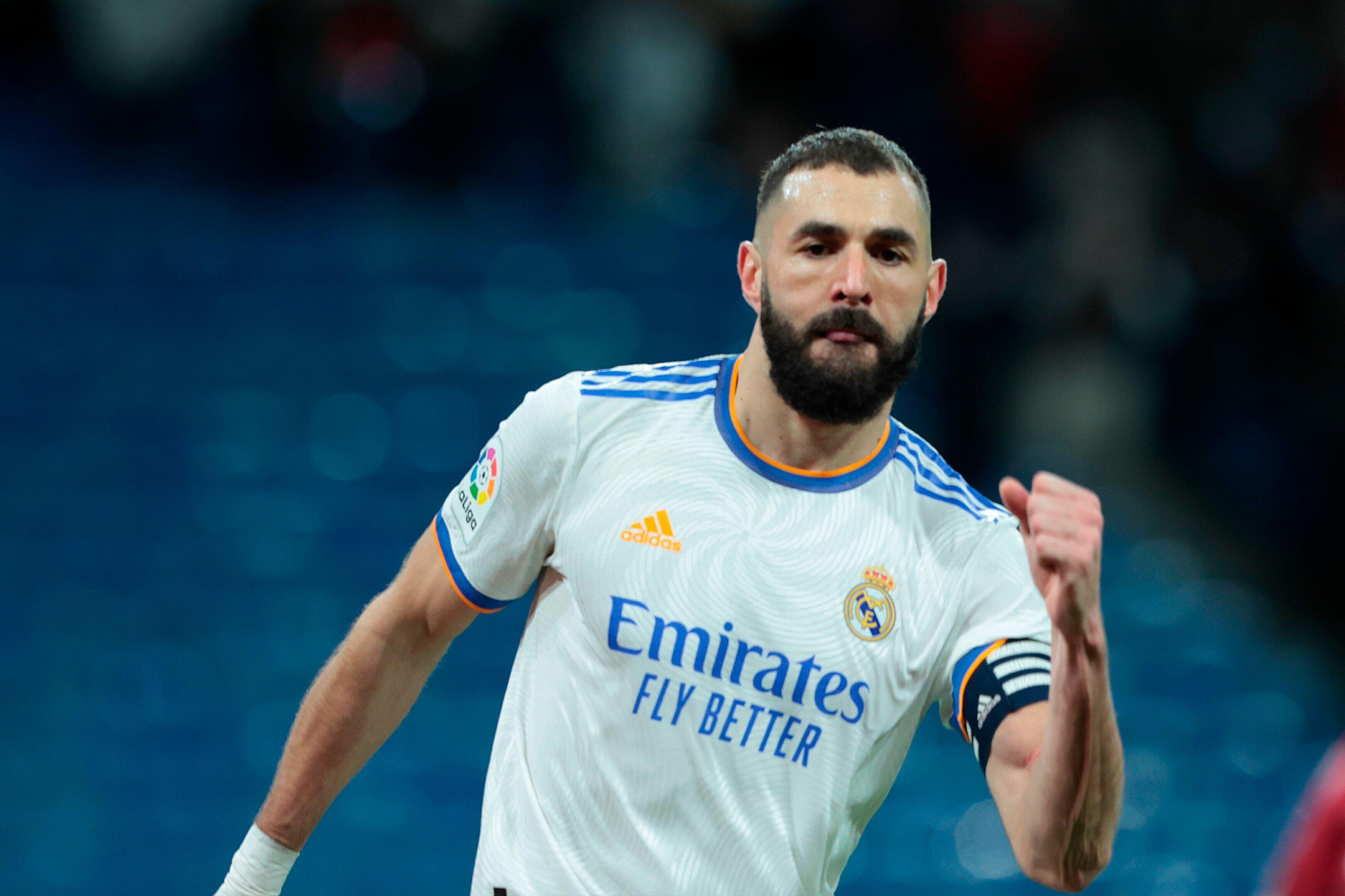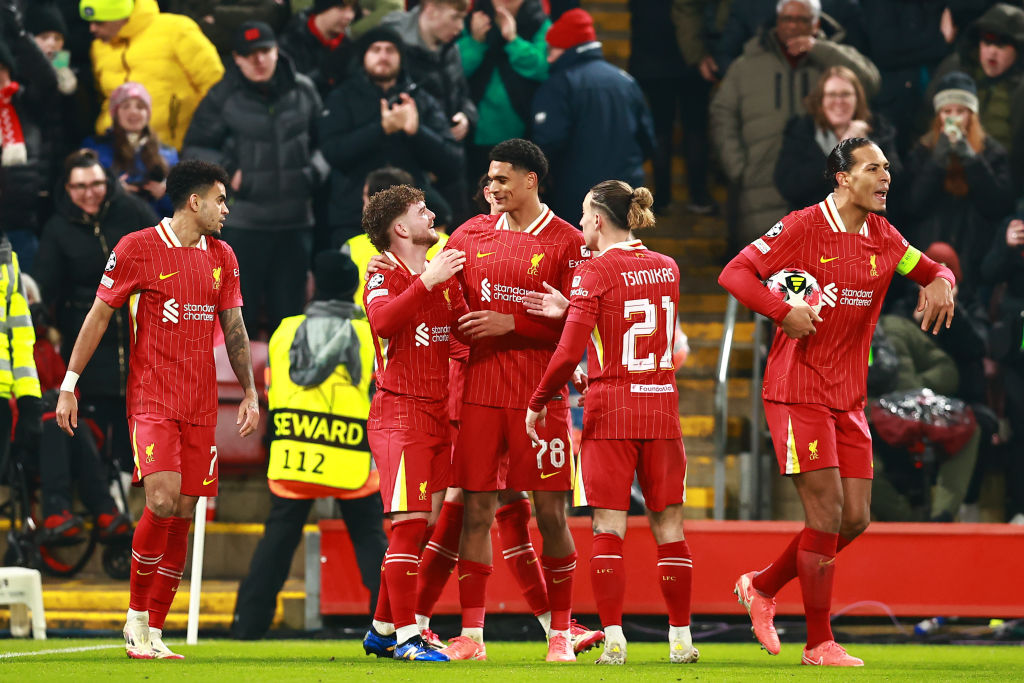Champions League knockout rounds set for key change following huge overhaul of format: report
The Champions League could be set for another set of rule changes, following a large overhaul at the start of this campaign

Champions League knockout games could be set for a major change in the coming seasons.
For the start of the 2024/25 Champions League campaign, UEFA decided to adopt a league format where teams played eight different teams, removing group stages in the process.
The top eight in the league have progressed straight through to the last 16, while the sides placed between ninth and 24th are now preparing for a play-off round, where fixtures such as Manchester City vs Real Madrid and Celtic vs Bayern Munich will take place.
Champions League knockout round games to change

But adopting a Swiss model-style league format isn't the only overhaul of rules the Champions League has seen in recent times, with the away goals rule scrapped for the 2021/22 season.
Previously, goals scored by sides away from home were weighted more heavily than goals scored at home stadiums, but UEFA decided that provided too much of an advantage to one side and decided to remove it. Now, another aspect of knockout games could be set for a change.

According to The Guardian, UEFA are considering scrapping extra-time from knockout ties that finish level after 180 minutes of action, with matches set to go straight to penalties instead.
UEFA's executive committee would need to ratify the proposed change, which is reportedly only at the informal stage of discussions. As a result, any change is unlikely to take effect for the next couple of years, especially with the current TV rights cycle running until 2027.
Get FourFourTwo Newsletter
The best features, fun and footballing quizzes, straight to your inbox every week.
Removing extra-time is aimed at reducing the number of minutes top professionals play, considering the introduction of extra competitions such as the Nations League, as well as the expansion of the FIFA Club World Cup.
This decision would follow Super Cup matches no longer having extra-time, introduced from 2023. Manchester City's 1-1 draw that year with Sevilla went straight to penalties, with Pep Guardiola's side winning.

Competitions in England have also adopted similar measures to reduce the number of minutes players have to contend with, too. FA Cup replays no longer exist, while League Cup matches that are drawn after 90 minutes head straight to penalties until the semi-final.
In FourFourTwo's opinion, the decision to scrap extra-time would be a welcome change. It has always felt somewhat unfair that the side playing at home in the second leg would have an extra advantage if the tie went to extra-time, too, allowing them to play 30 minutes more in front of their home supporters. Plus, not a whole lot of action ever happens in extra-time.

Ryan is a staff writer for FourFourTwo, joining the team full-time in October 2022. He first joined Future in December 2020, working across FourFourTwo, Golf Monthly, Rugby World and Advnture's websites, before eventually earning himself a position with FourFourTwo permanently. After graduating from Cardiff University with a degree in Journalism and Communications, Ryan earned a NCTJ qualification to further develop as a writer while a Trainee News Writer at Future.